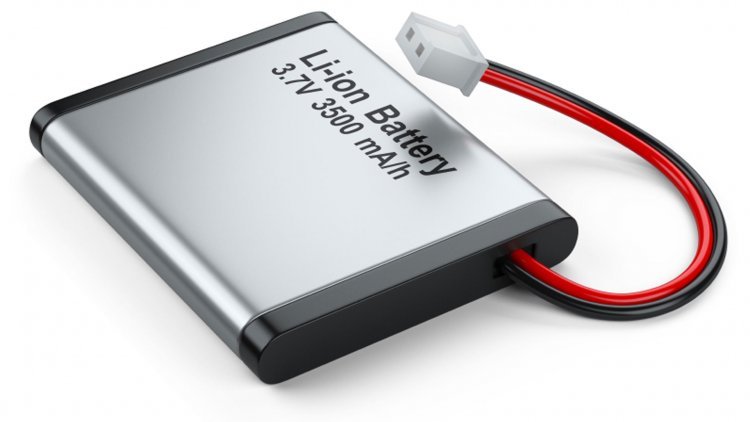To promote electric mobility, the government is considering lowering the tax on lithium-ion batteries
In 2018, the GST council reduced the tax on lithium-ion batteries from 28 to 18 percent.

According to a Mint story, the government may reduce the GST on lithium-ion batteries to bring them in line with taxes on electric vehicles (EVs), which are now at a minimum of 5%.
Lithium-ion batteries are subject to an 18% tax. With the demand for a battery swapping programme, discussions on tax rationalisation have gained traction. EV sales in April were 72,519 units, up from 14,179 units sold a year ago but less than the 77,243 units sold in March.
On June 7, the government think tank NITI Aayog, the ministries of new and renewable energy, heavy industries, and other government departments met to discuss the battery-swapping strategy for the first time.
According to the article, along with tax reform, the standardisation of batteries to ensure interoperability was also on the agenda of the meeting.
The government is considering a number of options for speeding up its green mobility ambitions. The GST Council will have to make any changes to the tax, although the Niti Aayog is anticipated to make a suggestion.
In 2018, the council reduced the GST rate on lithium-ion batteries from 28% to 18%. With a renewed focus on the electric mobility ecosystem and more manufacturers joining the market, there is a renewed desire for price parity between batteries and electric vehicles, which are taxed at a significantly lower 5%.
Amitabh Kant, the chief executive of the NITI Aayog, said in December that the government is working on lowering the GST on electric vehicle batteries. Furthermore, according to the research tank's draught policy, the tax on batteries should be rationalised.




 admin
admin 




















